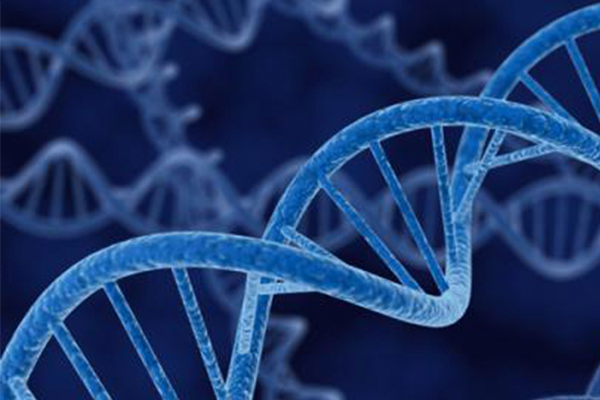05 Nov Brussels Intelligent ICT for Genomic High Throughput Analysis (BRIGHTanalysis)
BRIGHTanalysis is a project with partners from the ULB and VUB in which the goal is to develop intelligent online systems that allow doctors to analyze the genetic data of their patients from an oligogenic point of view. The scientific motivation for this research is...




